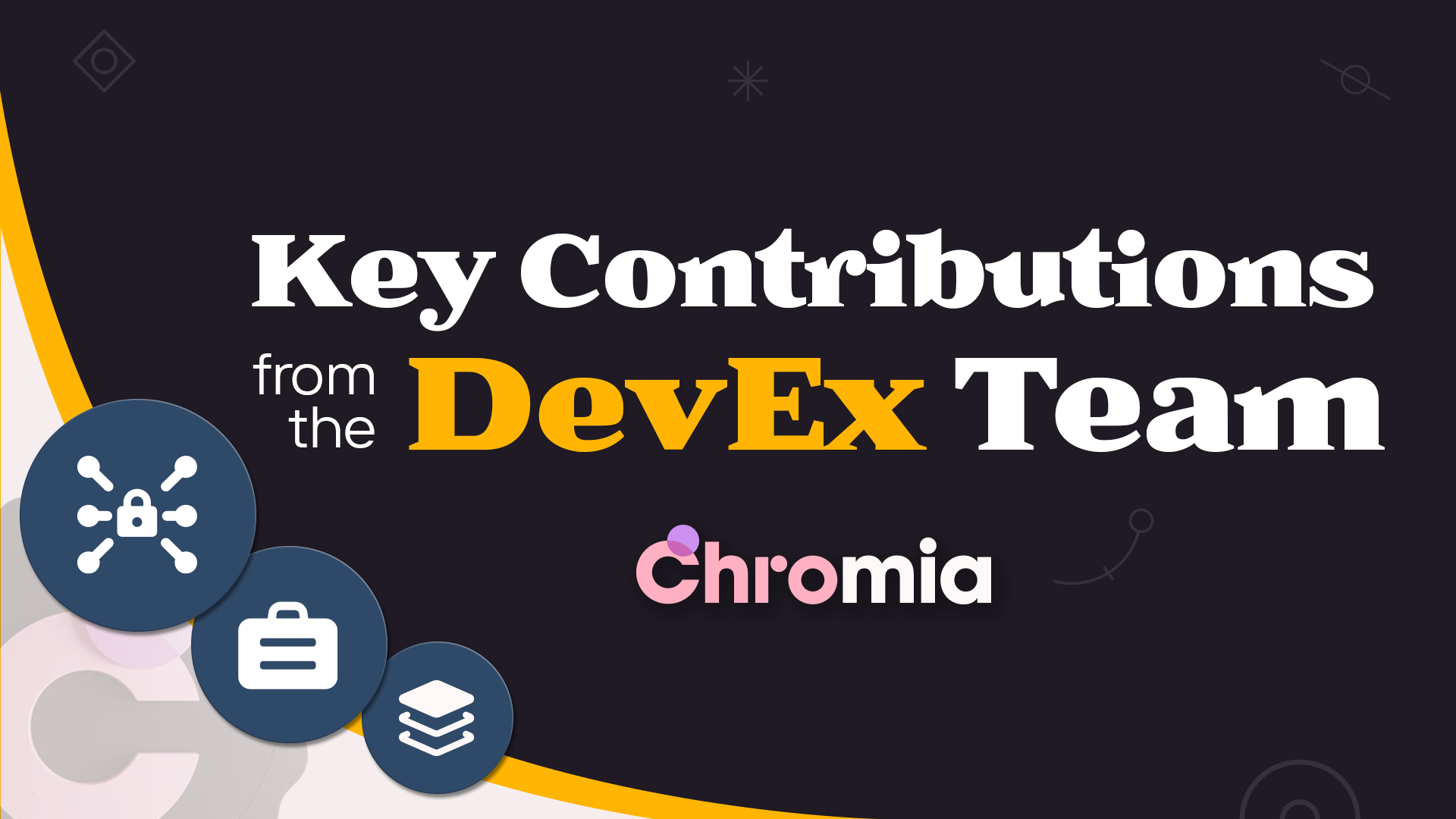Rell Plugins for Popular IDEs
It is important to make the experience of programming in Rell as streamlined as possible for as many developers as possible. That’s why the DevEx team has developed Rell Plugins for the most popular IDEs (Integrated Development Environments) in the world, Visual Studio Code and IntelliJ. A 2022 survey conducted by Stack Overflow asked developers “Which development environments did you use regularly over the past year, and which do you want to work with over the next year?”. At the top of the list was VS Code with 74.48% positive responses, and third on the list was IntelliJ with 27.97%.
These plugins make it far easier for developers to navigate, organize, and optimize the Rell code that runs decentralized applications on Chromia. As we move towards a fully functional testnet and beyond to mainnet, we are anticipating an increase in outside interest from developers. By preparing the groundwork now, these incoming developers will be met with the important tools needed to build efficiently on the Chromia Network.
Comprehensive Documentation
https://docs.chromia.com/
Comprehensive documentation is of utmost importance for any platform, and the DevEx team’s initiative to provide this will bring great benefits to developers and users moving forward. Documentation serves as a vital resource that educates users and developers about the intricacies of the platform, enabling them to understand its functionalities, features, and best practices effectively.
For users, this documentation section offers clear instructions on how to navigate and utilize the platform's various tools, empowering them to make the most of Chromia's capabilities. For developers, the documentation becomes an invaluable knowledge base, offering insights into the platform's architecture, APIs, and development practices.
This equips developers with the necessary information to build applications, integrations, and extensions on Chromia, fostering innovation and driving the growth of the platform's ecosystem. Overall, a well-structured and comprehensive documentation section plays a pivotal role in promoting adoption, facilitating understanding, and empowering users and developers to harness the full potential of Chromia.
CLI Codegen Tool
Blockchain-based decentralized applications are generally composed of two parts: the ‘server’ side or backend, and the ‘client’ side or front-end. As an example, when you stake tokens on Ethereum, the backend is the smart contract code itself, while the front end is the webpage that provides user-friendly buttons and text boxes that guide you through the process of interacting with the smart contract.
Chromia's CLI Codegen Tool streamlines the development process by analyzing backend Rell code automatically generating client-side code that can be connected to a front-end UI. This tool offers several benefits.
First and foremost, it saves developers time and effort by eliminating the need to manually write boilerplate code for interacting with the blockchain. Developers can quickly generate client libraries or SDKs tailored to their specific needs, significantly accelerating the development process.
Another key advantage of the Codegen Tool is its ability to ensure consistency and accuracy. By automatically generating code, it reduces the possibility of human errors that may occur during manual coding. Developers can rely on the tool to produce accurate and reliable code, which promotes better application performance and stability.
Furthermore, the codegen tool enhances collaboration among developers working on Chromia projects. It establishes a standardized interface between the application and the blockchain, facilitating seamless integration and interoperability. With a consistent codebase generated by the tool, developers can easily collaborate, share code, and build upon each other's work, resulting in efficient teamwork and improved productivity.
Rell Package Manager
DevEx has recently completed a function that allows developers to add packages to their projects in a secure and convenient manner. Over time, the intention is to build upon this basic functionality to implement a repository of libraries, modules, and frameworks that are compatible with the Chromia platform. This will significantly reduce development time and effort, allowing developers to focus on implementing unique features and functionalities specific to their applications.
In the longer term, the package manager is envisioned as an advanced utility that can simplify versioning and dependency management. It will allow developers to specify the required versions of packages and automatically resolve any conflicting dependencies. This eliminates the tedious task of manually managing dependencies, reducing the chances of compatibility issues and making it easier to maintain and update projects over time.
In addition, the package manager will allow developers to create and publish their own libraries, contributing to the growing repository and expanding the range of available resources. This fosters innovation and collaboration within the community, as developers can easily share their code and allow others to benefit from their work.
Follow our Progress
Since the beginning of the year, the work of the DevEx team has been chronicled in a series of mid-month updates. Check them out:
January 2023
February 2023
March 2023
April 2023
May 2023
As we continue to progress, our dedicated Development Experience team will be there to ensure that existing and new developers in the Chromia ecosystem have the tools needed for success. Keep an eye out for more installments through the remainder of 2023!
About Chromia
Modern society runs on data, and every online service you’re using is built upon underlying databases - ranging from your online bank to music streaming and gaming. Chromia is a relational blockchain - a combination of a relational database and a blockchain - making it easy to develop user-friendly decentralized apps for almost any industry, including DeFi, NFTs, gaming, and more.
Website | Discord | Twitter | Telegram | Facebook | Instagram | Youtube
